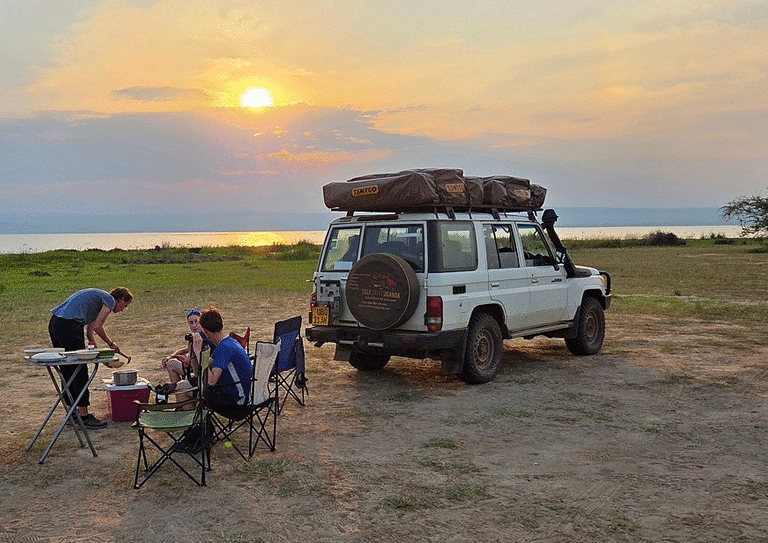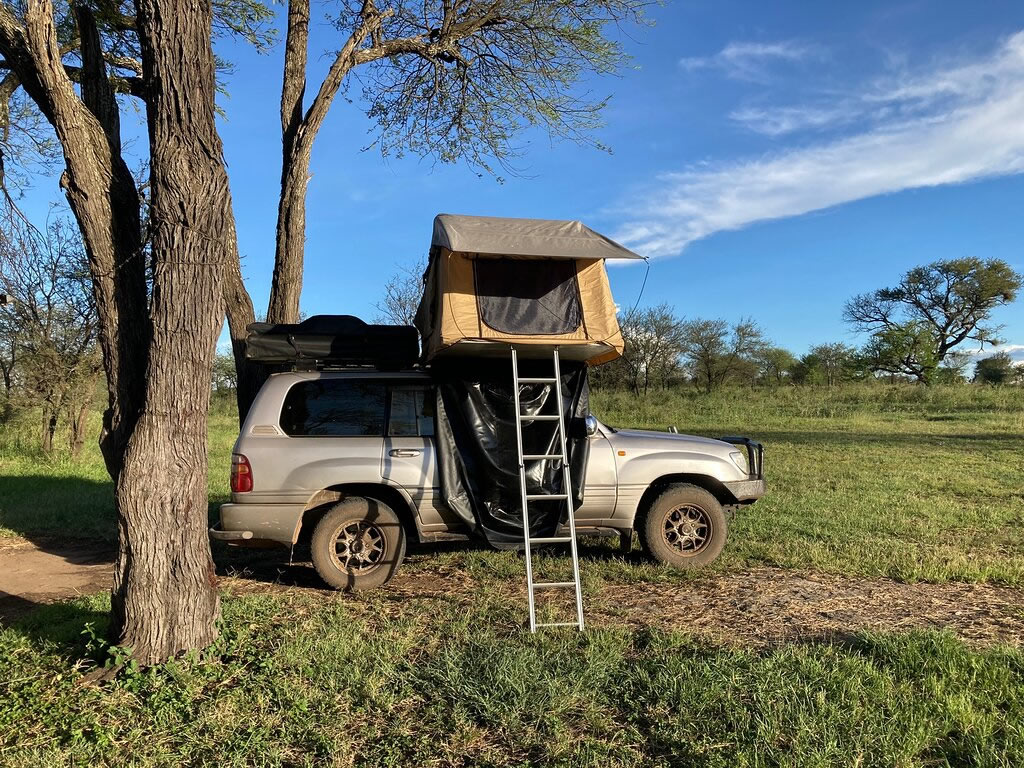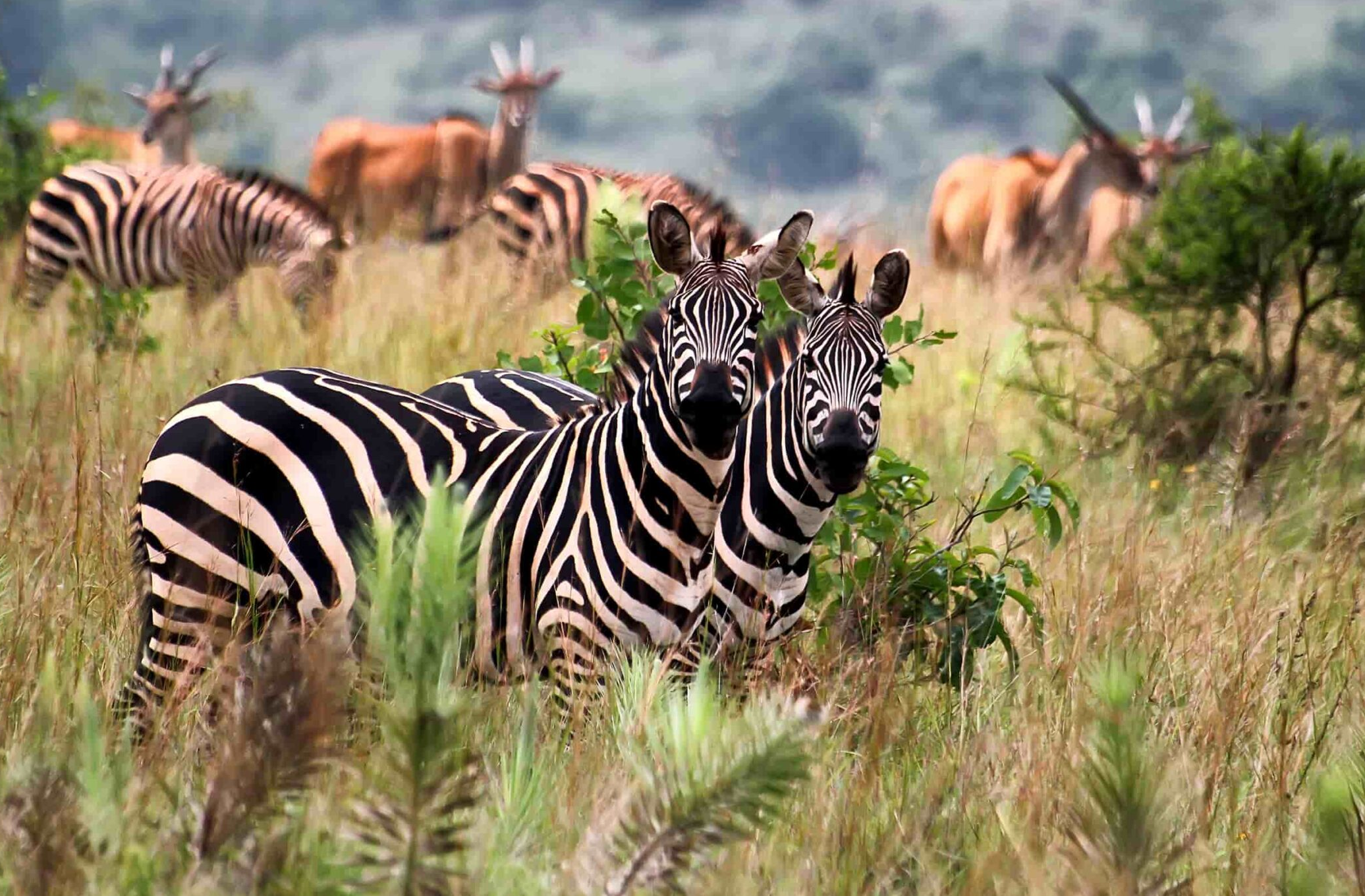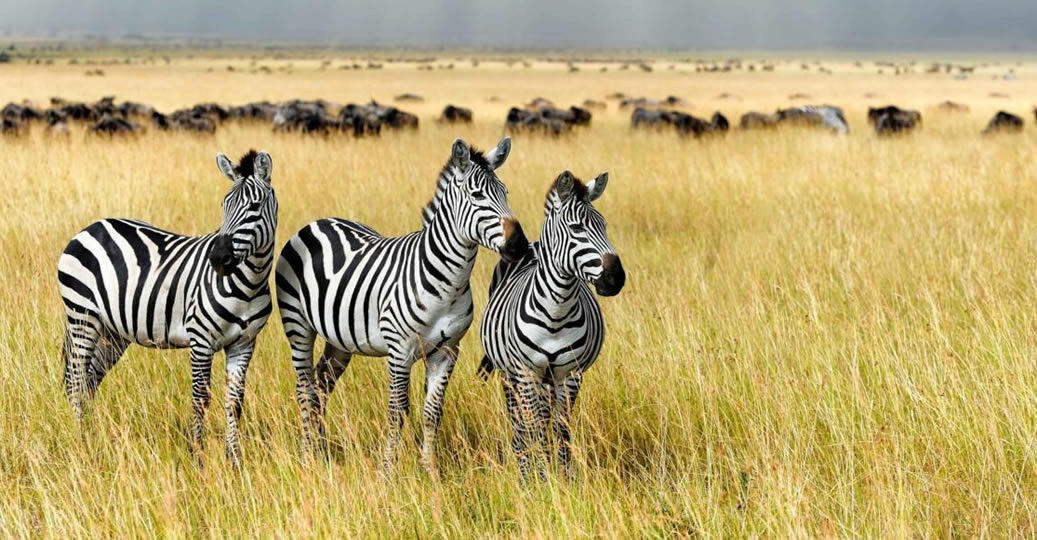Essential Guide to Self Drive East Africa The Essential Guide to Self Drive East Africa is an insight…
Your Car Rental Tanzania Safari Awaits
Are you Planning a Self drive Safari in Tanzania, book our 4×4 car rentals to transfer you to any car rental Tanzania destination. you can visit Zanzibar , Mwanza, Dar es salaam or Dodoma as well.
Practical Information about Renting a Car in Tanzania
You want a Self drive vacation with a luxuriant relaxation then the best destination to select on your self drive trip is the republic of Tanzania . The truth is that all adventure, excitement, and a little bit of edge in east Africa starts in wildlife parks and relaxation beaches of Zanzibar islands.
Plan a self drive trip to visit Tanzania Game Parks and when you travel to Tanzania Game Parks, you can go on a safari tour , dine with locals, and scale Africa’s highest peak if its guided by local experts or customized Tanzania safari with Car Rental Tanzania.
Documents & Legal Stuff
Valid driver’s license from your home country. If possible, also an International Driving Permit (IDP), especially if your domestic license isn’t in English. Passport + visa (if required) and keep copies in a separate bag/travel pack. Rental agreement / contract. Proof of identity and proof of address if required. Some rental agents ask for credit card & ID.
Car & Emergency Kit
Inspect the vehicle before you drive off: check for existing dents / damage, get photos, verify spare tyre and jack, check brakes, lights, windscreen, etc. Spare tyre, jack, lug wrench. Make sure they are in good condition.
Extra fuel / jerrycan (especially if going into remote or park‐areas where fuel stations are few and far between). Toolkit / Roadside emergency kit: jumper cables, tow rope, shovel, gloves, reflective vest, flashlight/headlamp, tyre repair kit.
Navigation & Communication
GPS device or phone with GPS; also offline maps (e.g. Google Maps offline, Maps.me, Tracks4Africa). Remote areas often have no network. Fully charged phone + power bank. If possible, solar charger or car charger adapter.
Safety, Health & Comfort
First aid kit: include bandages, antiseptic, any prescription meds, painkillers, insect repellent, sunscreen. Plenty of drinking water, especially for long drives or when going off‐grid.
Snacks / non‐perishable food
Sunglasses, hat, sun‑protection clothes. Also warm layers if you’ll be driving at early morning / evening or into high altitude zones. Rain jacket / waterproof gear in case of rains, especially during rainy season or in certain regions.
Money & Extras
Local currency (Tanzanian Shillings) for tolls, small services, tips, emergencies. Credit card for deposit where required. Emergency contacts: rental company phone, local police, local mechanic / breakdown service. Also keep useful numbers in case of injury, hospital etc. A copy of rental company policies (fuel policy, damage policy, what happens in case of breakdown).
Driving Rules in Tanzania
Legal & Licensing Requirements
Driving age & license. You must be at least 18 years old to hold a driving license for motor vehicles.
Foreign drivers should carry a valid domestic driving license, preferably with an International Driving Permit (IDP). Some sources suggest that foreign drivers should have held their license for a minimum period (e.g. 6 months) to be allowed to drive in Tanzania.
In some cases, foreign vehicles must be registered locally if they will be used for an extended time.
Documents you must carry in the car
- Driver’s license (and IDP if relevant)
- Vehicle registration papers
- Valid insurance certificate (at least third‑party liability)
- Proof of identity (passport or national ID)
Fundamental Driving Rules & Road Behavior
- Drive on the left; Vehicles move on the left side of the road.
- Overtaking is done on the right, except in special cases (see overtaking rules below)
- Speed you may legally drive depends on the type of road, the vehicle and posted limits. For example in the urban areas you are allowed to drive 50kms/hr whereas in the rural areas 80kms/ hr.
- At unmarked intersections vehicles coming from the right may have priority to right of way where as those at roundabouts those inside the roundabout have priority.
- Emergency vehicles (with sirens and flashing lights) always have the right of way.
- Pedestrians at zebra crossings / marked crossings should be given way, especially in urban areas.
- Overtaking is allowed on the right generally.
- On multi‑lane roads, drivers should normally keep to the left lane, unless overtaking.
Turning, Signaling & Manoeuvres
- Drivers must signal their intention before a turn, lane change, or manoeuvre (e.g. turn indicators or hand signals) and maintain the signal while executing the manoeuvre.
- Reversing is generally allowed only when safe, and must be done without endangering others.
- No turning or reversing is allowed on highways or their entry/exit ramps.
Stopping & Parking
- Vehicles should stop on the near side / left side of the road, where safe and permissible.
- In townships and urban areas, parking is only allowed in designated zones. Stopping in prohibited areas (e.g. blocking driveways, pedestrian walkways) may incur fines or towing.
Seat Belts & Child Safety
- Seat belts are mandatory for the driver and front passenger (and often for rear passengers, depending on the vehicle).
- While some sources say child seats or restraints are strongly advised, explicit statutory requirements for child seats may not always be strictly enforced — but using proper child restraints is strongly recommended.
Alcohol, Drugs & Impairment
- Tanzania has strict rules against driving under the influence (DUI). Some sources cite a maximum blood alcohol concentration (BAC) of 0.08%.
- For commercial or public service drivers, there may be zero tolerance (i.e. no alcohol allowed).
- Penalties for DUI may include fines, suspension or revocation of license, or even imprisonment.
Use of Mobile Phones & Distractions
- Using a mobile phone while driving is prohibited unless using a hands-free devices
- Drivers should minimize distractions — avoid texting, taking calls, or other disruptions while driving.
Night Driving & Special Conditions
- Night driving outside well-lit urban areas is discouraged because of low visibility, unlit roads, animals or livestock on roads, unmarked speed bumps, potholes, etc.
- Use high beams carefully; dim your lights when approaching other vehicles.
- In rainy season or during storms, roads may flood or become slippery. Extra caution is needed.
Animals & Livestock
- In rural or wildlife areas, animals and livestock may cross or walk along roads. They often have right of way; you must slow down and allow them to pass.
- Driving in national parks has special rules to protect wildlife; oftentimes speed limits inside parks are lower and strict enforcement is applied.
Park Entrance Fees
Tanzania has various National Parks and Conservation Areas (e.g. Serengeti, Ngorongoro, Tarangire, Lake Manyara, Kilimanjaro, Nyerere, etc.) which are managed by TANAPA (Tanzania National Parks Authority) or the Ngorongoro Conservation Area Authority (NCAA), depending on the area. Before you visit, you’ll need to go through the entrance (or permit) process, pay required fees, follow certain regulations, and enter/exit through designated gates.
Paying the Park entrance fees varies according to the Days/ Nights you shall stay as some have special permits being obtained from a registered tour company following the gates you will use to access the park.
Prepare necessary documents
You should have a valid passport or identity card. EAC (East African Community) citizens often have different rates, but still need ID. If you are resident/expatriate, proof of residency may be required.
Pay the applicable fees
Entrance/conservation fees (daily). These typically vary by visitor category (foreign non‑resident, East African/EAC citizen/resident, Tanzanian citizen). Vehicle entry fees if bringing a car into the park. Camping or lodging / conservation / concession fees if staying overnight inside the park.
Car Rental Booking Process
Renting a car in Tanzania (especially for a self‑drive safari or remote travel) involves more than just picking a car. You’ll need to deal with documentation, vehicle condition, insurance, mileage, support etc. The better you prepare, the fewer surprises.
Below is the Step‑by‑Step Booking Process
Decide What Safari You Want
- Think about where you’ll drive (city vs rural vs national parks vs remote areas). Roads in parks or rural zones might be unpaved, muddy, rough.
- How many people, how much luggage, whether camping gear or rooftop tent is needed, how many days, which vehicle class (economy/sedan, compact SUV.
- When you travel matters: high demand times (June‑October; December to some extent) may mean limited availability and higher rates.
Choose & Research a Rental Company
- Look for companies with good reviews, especially from those who have done similar routes or trips (self‑drive safari etc.). Check forums, travel blogs.
- Check whether the company offers roadside assistance, backup in case of breakdown, and what help is available in remote areas.
Understand pricing transparency
What is included (insurance, mileage, taxes, cleaning, extra driver, fuel policy, etc.).
Select Vehicle Type & Extras
- Based on your route and trip style, select a suitable vehicle: for dirt roads and national parks a stronger 4×4, for town driving maybe a compact or sedan.
- Choose extras: GPS, extra driver, child seats, rooftop tents, camping gear, fridge, spare tyre, jerry cans, etc. These often cost extra.
Check Requirements & Documents
Driver’s license: must be valid; an International Driving Permit (IDP) is recommended especially if your license isn’t in English.
Passport (for foreigners) or national ID
- Minimum age requirement: many companies require 23‑25 years; some allow younger drivers with extra fees; often there’s also a maximum age limit.
- Credit card: to hold a deposit and guarantee payment. Sometimes bank transfer; sometimes cash if local company but always check.
Get a Price Quote & Confirm Booking
- Get detailed quotes that break down all charges: base rate, insurance, taxes, fuel policy, any fees for mileage or one‑way, drop‑off/pick‑up charges, etc.
- Ask if there are cancellation policies and what happens if you return the car late, or drop it off at a different location.
Secure the Booking with a Deposit or Prepayment
- Many companies require a deposit (often expressed as a percentage of total, e.g. 20‑50 %) to confirm the booking.
- Use secure payment methods, keep invoice/reservation number.
Pickup & Vehicle Inspection
- At handover, inspect the vehicle carefully: check for existing dents, scratches, tyre condition, lights, mirrors, etc. Take photos or video as proof.
- Check that everything promised (extras) is present (GPS, spare tyre, jack, etc.). Make sure paperwork and insurance documents are in the car.
During the Rental
- Be aware of the terms: fuel policy (do you get full tank? return full tank? extra fuel charges); mileage limits; restrictions on where you can drive (off‑road, remote regions, crossing border etc.)
- Follow local driving rules, obey speed limits, avoid night driving especially in remote or wildlife areas.
Return the Vehicle
- Return on time to avoid late fees. Check the car with the company at return: jointly inspect condition, note fuel level, clean status.
- Make sure you have all required paperwork and insurance acknowledgment. Get any receipts if needed.
Additional Considerations & Potential Extra Costs
Insurance & Excess/Deductible: Many rentals include basic insurance, but damage to tires, windscreen, undercarriage, or theft may not be fully covered or might come with high excess. Consider adding insurance or lowering excess.
One‑Way Fees: If you want to pick up in one place (e.g. Arusha) and drop off elsewhere (e.g. Dar or border), many companies charge for repositioning.
Border Crossing Fees / Permits: If planning to cross into Kenya, Uganda, Rwanda etc., you’ll need additional paperwork, insurance adjustments, possibly letters of authority.
Fuel: Rental usually excludes fuel. Budget for fuel, especially for long or off‑road drives where fuel stations may be far apart.
Cleaning, Tolls, Permit / Park Fees: Extra cleaning fees, park conservation fees, permits for special zones may not be included in base rental.
Late Return & Damages: Penalties are often steep for late returns, damage not covered, or return with empty fuel tank.





